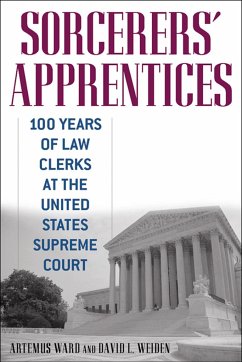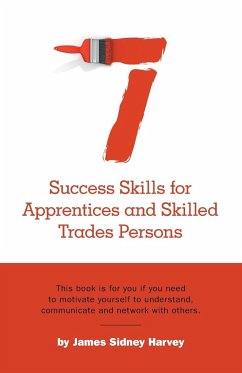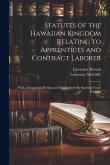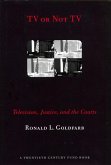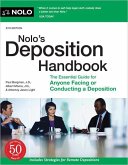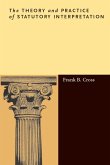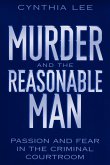Based on Supreme Court archives, the personal papers of justices and other figures at the Supreme Court, and interviews and written surveys with 150 former clerks, "Sorcerers' Apprentices" is a rare behind-the-scenes look at the life of a law clerk, and how it has evolved since its nineteenth-century beginnings. The book not only sheds light on the little-known role of the clerk but offers provocative suggestions for reforming the institution of the Supreme Court clerk. Anyone that has worked as a law clerk, is considering clerking, or is interested in learning about what happens in the chambers of Supreme Court justices will want to read this engaging and comprehensive examination of how the role of the law clerk has evolved over its long history.
"Ward and Weiden have produced that rare book that is both a meticulous piece of scholarship and a good read. The authors have . . . sifted through a varied and voluminous amount of archival material, winnowing out the chaff and leaving the excellent wheat for our consumption. They marry this extensive archival research with original survey data, using both to great effect." --Law and Politics Book Review"Helps illuminate the inner workings of an institution that is still largely shrouded in mystery." --The Wall Street Journal Online"The main quibble . . . with contemporary law clerks is that they wield too much influence over their justices' opinion-writing. Artemus and Weiden broaden this concern to the clerks' influence on the thinking of the justices about how to decide cases." --Slate.comProvides excellent insight into the inner workings of the Supreme Court, how it selects cases for review, what pressures are brought to bear on the justices, and how the final opinions are produced. Recommended for all academic libraries. --Library JournalArtemus Ward and David L. Weiden argue that the clerks have more power than they used to have, and probably more power than they should. --Washington PostThe book contains a wealth of historical information. . . . A reader can learn a lot from this pioneering study. --Cleveland Plain DealerMeticulous in scholarship. . . . Sorcerers' Apprentices presents convincing statistical evidence that the aggregate time that law clerks spend on certiorari memos has fallen considerably because of the reduction in the number of memos written by each clerk. --Judge Richard A. Posner in The New RepublicBased on judicial working papers and extensive interviews, the authors have compiled the most complete picture to dat
Hinweis: Dieser Artikel kann nur an eine deutsche Lieferadresse ausgeliefert werden.
"Ward and Weiden have produced that rare book that is both a meticulous piece of scholarship and a good read. The authors have . . . sifted through a varied and voluminous amount of archival material, winnowing out the chaff and leaving the excellent wheat for our consumption. They marry this extensive archival research with original survey data, using both to great effect." --Law and Politics Book Review"Helps illuminate the inner workings of an institution that is still largely shrouded in mystery." --The Wall Street Journal Online"The main quibble . . . with contemporary law clerks is that they wield too much influence over their justices' opinion-writing. Artemus and Weiden broaden this concern to the clerks' influence on the thinking of the justices about how to decide cases." --Slate.comProvides excellent insight into the inner workings of the Supreme Court, how it selects cases for review, what pressures are brought to bear on the justices, and how the final opinions are produced. Recommended for all academic libraries. --Library JournalArtemus Ward and David L. Weiden argue that the clerks have more power than they used to have, and probably more power than they should. --Washington PostThe book contains a wealth of historical information. . . . A reader can learn a lot from this pioneering study. --Cleveland Plain DealerMeticulous in scholarship. . . . Sorcerers' Apprentices presents convincing statistical evidence that the aggregate time that law clerks spend on certiorari memos has fallen considerably because of the reduction in the number of memos written by each clerk. --Judge Richard A. Posner in The New RepublicBased on judicial working papers and extensive interviews, the authors have compiled the most complete picture to dat
Hinweis: Dieser Artikel kann nur an eine deutsche Lieferadresse ausgeliefert werden.

